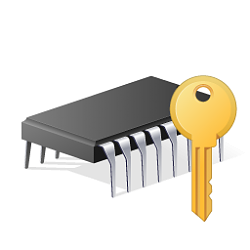

The soft floor seems to be what Microsoft's PC Health Check app is looking at and where a lot of confusion is happening. These are devices that are free to update with no caveats. The soft floor requires TPM 2.0 (which started shipping in all PCs around 2016/2017) and needs specific processors. Those are hardly strict requirements for a forward-looking OS in 2021. In addition, the hard floor requires "greater or equal" to TPM 1.2, Secure Boot capable, 4GB of RAM, 64GB of storage, and at least a dual-core processor that is faster than 1GHz. If your PC does not meet these standards, you cannot get Windows 11. The hard floor is what most people who have older PCs should be looking at. The changes seem to merge the two where you can have just a 1GHz CPU, but it has to be on the supported list. Update: Soon after this article was published, Microsoft removed the hard/soft floor distinction for Windows 11. Many PC makers are also now giving guidance on which PCs will get it. Source: Daniel Rubino / Windows Central (Image credit: Source: Daniel Rubino / Windows Central)Įven the requirements for Windows 11 are a bit confusing as there are both "hard" and "soft" floors of cutoffs for the update. If the signatures are valid, the PC boots, and the firmware gives control to the operating system.

When the PC starts, the firmware checks the signature of each piece of boot software, including UEFI firmware drivers (also known as Option ROMs), EFI applications, and the operating system. Secure boot is a security standard developed by members of the PC industry to help make sure that a device boots using only software that is trusted by the Original Equipment Manufacturer (OEM). From Microsoft's documentation (opens in new tab): Secure boot is becoming increasingly important, too. Your biometrics, like fingerprints or facial recognition data, do not go to the cloud instead, they get hardware encrypted on your PC so that info cannot be retrieved nor reversed engineered to bypass your PC's login process.

This ability is why Windows Hello is so protected.

With TPM, BitLocker gets to store the encryption key and your Windows Hello biometrics securely.


 0 kommentar(er)
0 kommentar(er)
